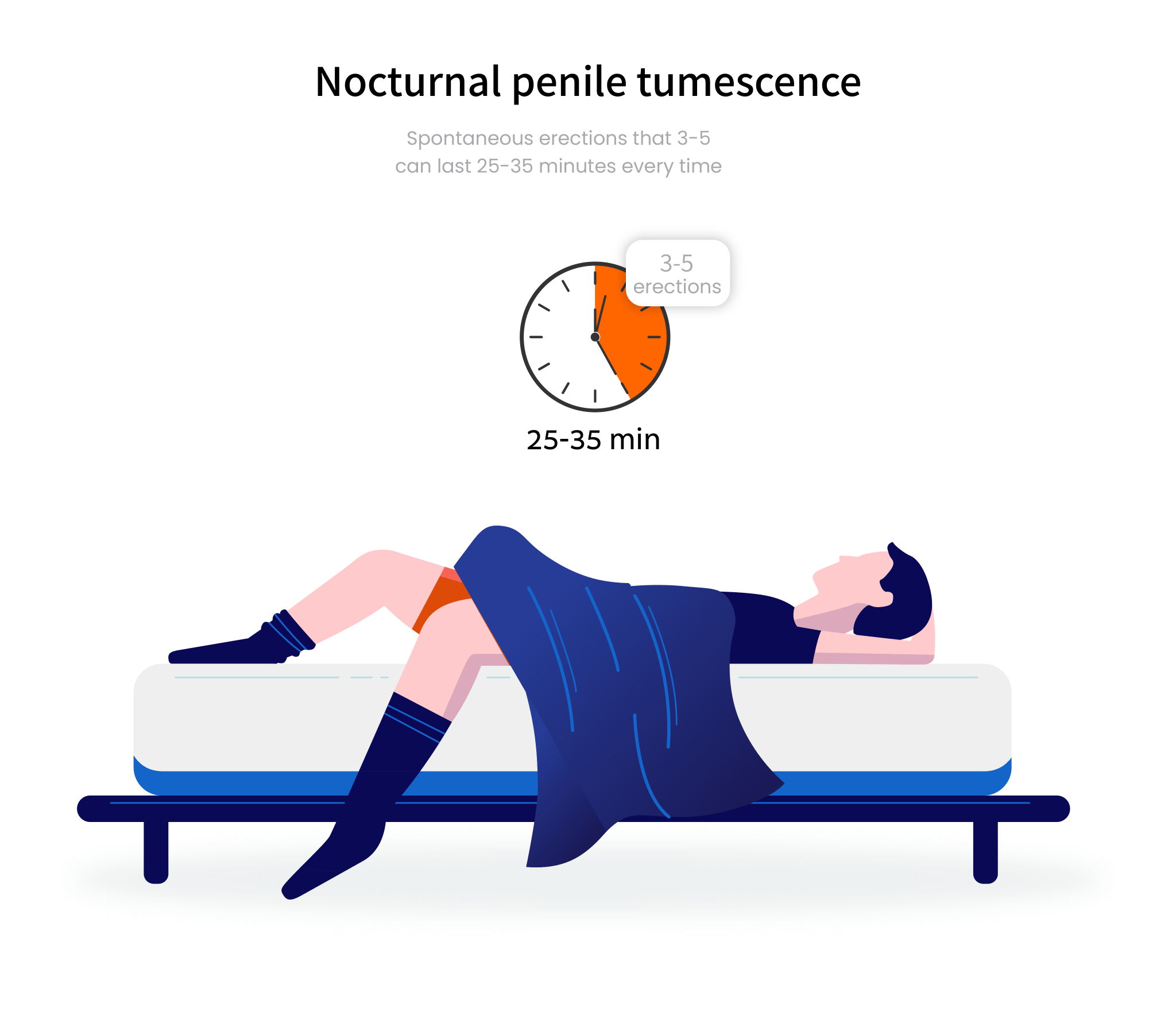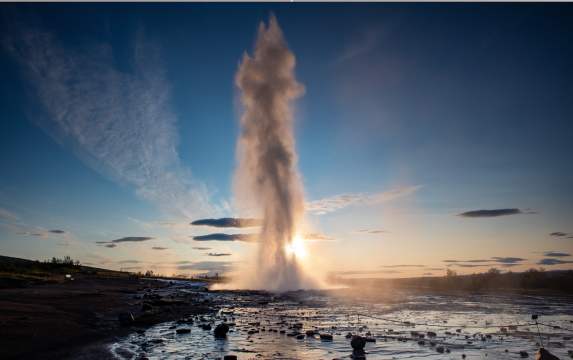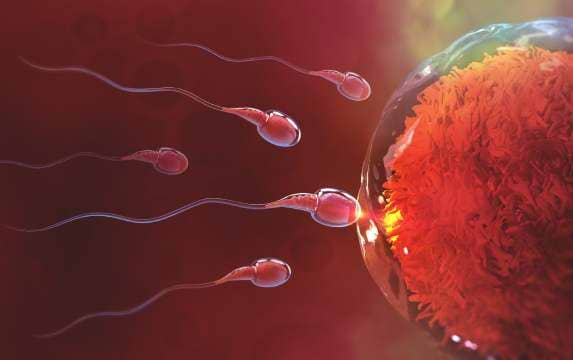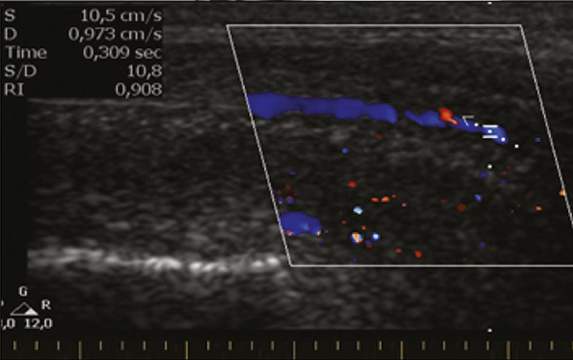Morning Erection or “Morning Wood” (formally known as Nocturnal Penile Tumescence, or NPT), is the erection which occurs spontaneously upon awakening – a familiar phenomenon for most males. However, despite the common assumption that a morning erection is a sign of sexual stimulation, it turns out that it isn’t always the case. Why, then, does it happen? Find out below everything you need to know about this common mysterious phenomenon.
It happens to men, it happens to boys, it happens to babies and even to male fetuses in utero – yes, a morning erection (NPT) is a universal human male phenomenon. However, the colloquial term may be misleading as it’s not just a single morning erection, but rather 3-5 spontaneous erections that occur throughout the night, with the last one being the famous morning erection. Morning erections are scientifically defined as involuntary sleep-related erections, and although they may turn morning urination into an act of a contortionist, they constitute a normal and healthy physiological response which reflects an intact neuro-vascular penile function. Although the reason for the occurrence of NTP is not entirely understood, the main scientific assumption is that it relates to our sleep cycles.
Night Dreams and Morning Erections
Erections are considered a normal part of sleep physiology in men. Sleep consists of two distinct states: the rapid eye movement (REM) sleep – where dreams occur, and the non-rapid eye movement (NREM) sleep, which is a lighter, dreamless sleep. It is nowadays known that erections constitute a normal part of REM sleep for males, whilst for women REM sleep is associated with increased blood flow to the vagina and clitoris. Nevertheless, it remains unclear why such genital arousal occurs. What we do know at this stage is that erections are not related to erotic dreams, pre-sleep sexual activity or to having a full bladder, but simply to physiological, neurological and hormonal processes that take place while we sleep.
The autonomic (involuntary) nervous system is known for controlling penile erections. It consists of two sub-systems: the sympathetic nervous system, responsible for immediate reactions mainly via the neurotransmitter noradrenalin in conditions associated with stress, danger and emergency. The second sub-system is the para-sympathetic one, responsible for keeping the internal environment of the body stable during states of rest (such as sleep and digestion) and for stimulating the pudendal nerve which is involved in getting erections.
During REM sleep, where the para-sympathetic nervous system dominates, the brain inhibits sympathetic activity including that of the neurotransmitter adrenalin – which is associated in preventing erections. And if there’s nothing to suppress erections, they simply occur spontaneously. Therefore, the main reason for which men get up with a morning erection is because they are awakened directly from REM sleep.
Since there are several REM-sleep cycles per night, men normally experience up to 5 erections during their sleep, the last of which occurs upon awakening. However, because everything is pretty much dependent on sleep quality, it is likewise possible not to have nocturnal erections and morning erection from time to time (it all depends on whether or not a man had woken up out of REM sleep). If necessary, it is possible to conduct a polysomnography test as means of assessing nocturnal erectile functions.
Morning Erection and Hormonal Fluctuations
Apart from the autonomic nervous system, sex-related hormones are likewise associated with REM-sleep induced erections. The male sex hormone testosterone modulates almost everything involved in erectile function. It regulates the timing of the erectile process as a function of sexual desire and it coordinates erection with sexual intercourse. In general, testosterone levels rise upon falling asleep, reaching a peak at the transition to REM sleep. Thereafter, testosterone is at its highest level early in the morning when waking up from REM sleep. Therefore, it isn’t surprising that an increase in testosterone level is very closely linked to nocturnal and morning erections.
With the increase in age (normally between the ages 40 and 50) natural testosterone levels begin to fall, which explains why episodes of nocturnal and morning erections decrease concurrently. Interestingly, testosterone has not been found to significantly affect visual erotic stimuli or fantasy-induced erections. These are predominantly controlled by the brain’s “reward system” which is based on, inter alia, secreting the neurotransmitter dopamine.
The hormone prolactin is also extremely important for the development of sexual behavior and for stimulating an array of testicular functions. Its release in the body is likewise related to REM sleep: its level rises rapidly at sleep onset, while peaking in the early hours of the morning when REM sleep dominates.
Sometimes it’s Just Contact Stimulation
It’s important to remember that sometimes nocturnal erections can simply occur when rubbing up against something or accidently touching someone, even when sleeping soundly. This is because the body senses the stimulation and the brain still remains receptive to it while we sleep and it responds with an erection.
Nocturnal Erection as Nighttime Penile Workout
A scientific article published in the Journal of Sexual Medicine in 2005 raised the assumption that the function of nocturnal erections was to provide adequate supply of oxygenated blood to the penis, so as to prevent scar tissue formation and the narrowing of blood vessels – both of which could lead to erectile dysfunction. In other words, it’s as if the brain is giving the penis a short nighttime workout to facilitate tissue oxygenation for maintenance, in order to prevent erectile dysfunction. It is likewise assumed that the absence of nocturnal erections might cause penile muscle tissue contraction, which in the long run can make the penis shorter.

To conclude, morning erection is usually indicative of normal penile activity in terms of neurological function and blood flow to the organ, and that the male body is physiologically capable of achieving an erection. In cases where you wake up with morning erection but you otherwise experience erectile dysfunction during sexual intercourse, this could mean that there are psychological causes involved, such as stress, anxiety or depression. However, if you frequently wake up without morning erection, it could be a sign of an underlying medical problem, which should be treated as soon as possible in order to prevent the development of ED in the future.





